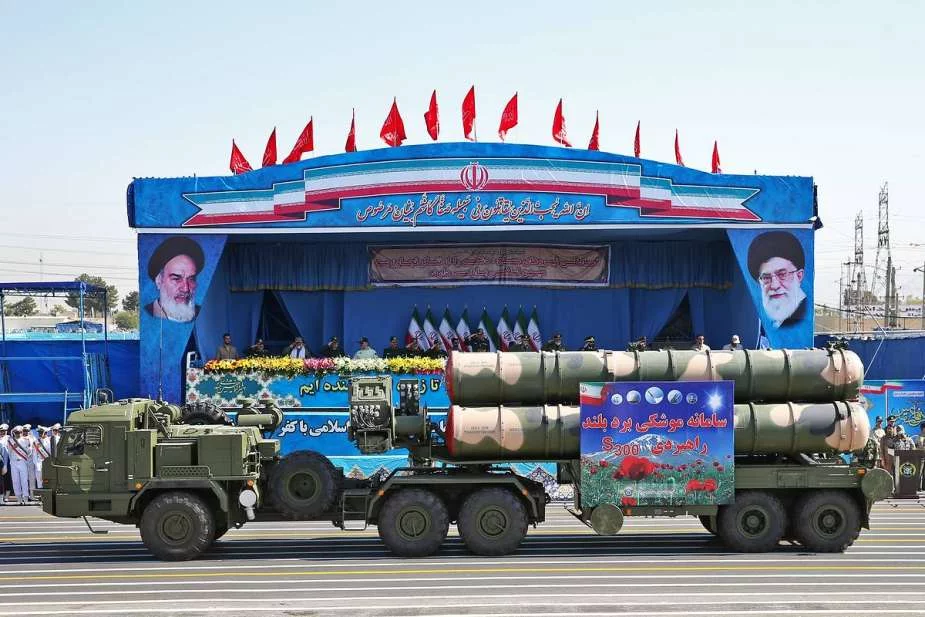
In a time of escalating tensions with Israel following the assassination of a Hamas leader in Tehran, Iran has reportedly secured advanced air defense systems from Russia. This development, signaling a deepening military alliance between the two nations, comes as the region braces for potential conflict.
Russian Arms Deliveries Confirmed
Anonymous sources within the Iranian government reported that the Russian Federation has initiated the transfer of advanced radar and air defense systems to the Islamic Republic of Iran. This action is understood as a strategic response to a perceived increase in Iran’s threat level.
The commencement of these deliveries coincides with a diplomatic visit to Tehran by Mr. Sergei Shoigu, who currently serves as the Secretary of the Security Council of Russia and formerly held the position of Defense Minister. During his visit, Mr. Shoigu engaged in high-level discussions with key figures in Iran’s military and political leadership.
Deepening Military Partnership Raises Concerns
The ongoing transfer of military hardware represents a significant development in the increasingly close relationship between the Russian Federation and the Islamic Republic of Iran. This strategic partnership, characterized by increasing levels of military and technological cooperation, has experienced accelerated growth since the commencement of the Russian Federation’s military intervention in Ukraine in early 2022.
Within this partnership, Iran has emerged as a critical supplier of unmanned aerial vehicles (UAVs), commonly referred to as drones, to the Russian Federation. Concurrently, both nations have formalized a series of agreements to broaden the scope of their collaboration in the domains of military affairs and intelligence sharing.
While Moscow and Tehran have publicly characterized this partnership as mutually advantageous and predicated on shared strategic interests, this perspective is not universally shared. Several Western nations’ governments and their respective allied partners have expressed significant reservations regarding the implications of this deepening bilateral relationship. These concerns primarily center on the potential for such an alliance to exacerbate existing tensions and contribute to instability within an already volatile geopolitical landscape. The Russian Federation, however, maintains that its actions are undertaken per established principles of international law and are directed towards promoting regional security and stability.
Escalating Tensions and the Specter of War
The assassination of Haniyeh has ignited a powder keg in the Middle East. Adding fuel to the fire, an airstrike on August 6th targeted Israeli military installations in the northern region, causing significant damage and resulting in Israeli casualties. While the perpetrators remain unidentified, Israel suspects Iranian involvement, citing the timing and the nature of the attack.
Adding to the complexity, Iran already possesses a formidable air defense network, including Russian-made S-300PMU2 systems. The recent acquisition of additional equipment suggests Tehran anticipates a potential escalation in hostilities with Israel.
International Community Watches
As Iran strengthens its military posture with Russian support, the international community watches with growing unease. The potential for miscalculation and escalation remains high, threatening to plunge the region into a wider conflict.
While diplomatic efforts to de-escalate the situation are underway, the path forward remains uncertain. The deepening military alliance between Iran and Russia and the volatile security environment present a significant challenge to regional and global stability.
